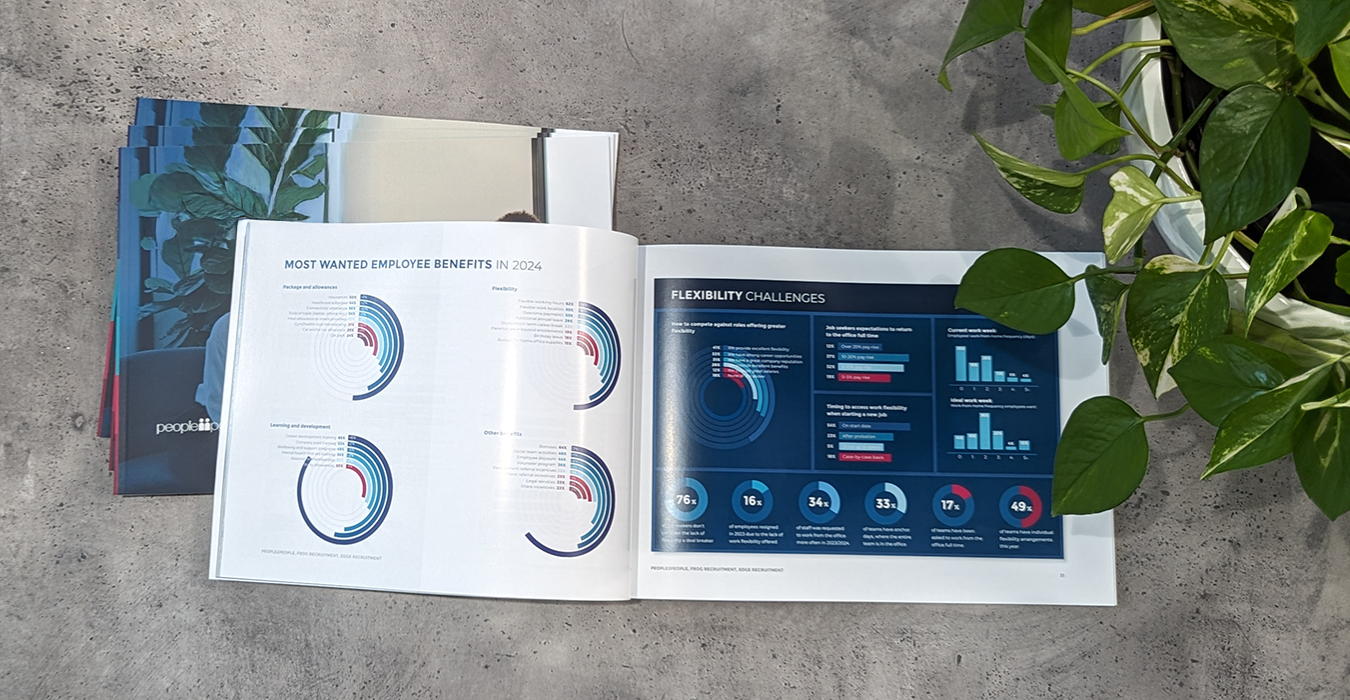Supply Chain Manager Guide - Hire or get hired
Your complete guide to the Supply Chain Manager Role: Duties, salary & hiring tips
Purpose of the Supply Chain Manager
Supply Chain Manager's duties and responsibilities
Design and implement supply chain strategies aligned with business goals.
• Cross-functional Leadership:
Coordinate planning, logistics, procurement, and warehouse teams.
• Performance Monitoring:
Track KPIs and drive continuous improvement.
• Risk Management:
Identify and mitigate supply chain disruptions.
• Stakeholder Engagement:
Work with suppliers and internal teams to ensure alignment.
Requirements and qualifications for a Supply Chain Manager
• Strong leadership and strategic thinking
• Advanced Excel and ERP system knowledge
• Excellent communication and problem-solving skills
• Degree in supply chain, operations, or engineering
Looking to hire a CFO or looking for a CFO role?
Submit your resume or request talent now and our expert recruiters will be with you shortly. people2people recruitment can assist you with your CFO staffing needs.
Recent jobs in Supply Chain
Retaining staff was accounting leaders #1 challenge in 2022
Qualified roles were the most difficult to fill for accounting leaders in 2022
Hired temporary or contract staff in 2022 to fill an immediate need
Supply Chain Market Update
Looking ahead to 2025, hiring demand for Warehousing roles has decreased to 42%, while Transport roles have become more prominent, rising to 33%. Skills shortages persist, particularly in Warehousing (36%), Transport (30%), and Procurement (24%). AI is increasingly influencing the sector, with predictive analytics (50%), real-time data tracking (47%), and warehouse management systems (43%) emerging as critical skills. Certifications and upskilling initiatives (25%) have become a more common retention strategy, but over half of employers still offer no additional benefits. As technology continues to reshape supply chains, professionals with technical expertise and adaptability will be crucial in driving industry success.



